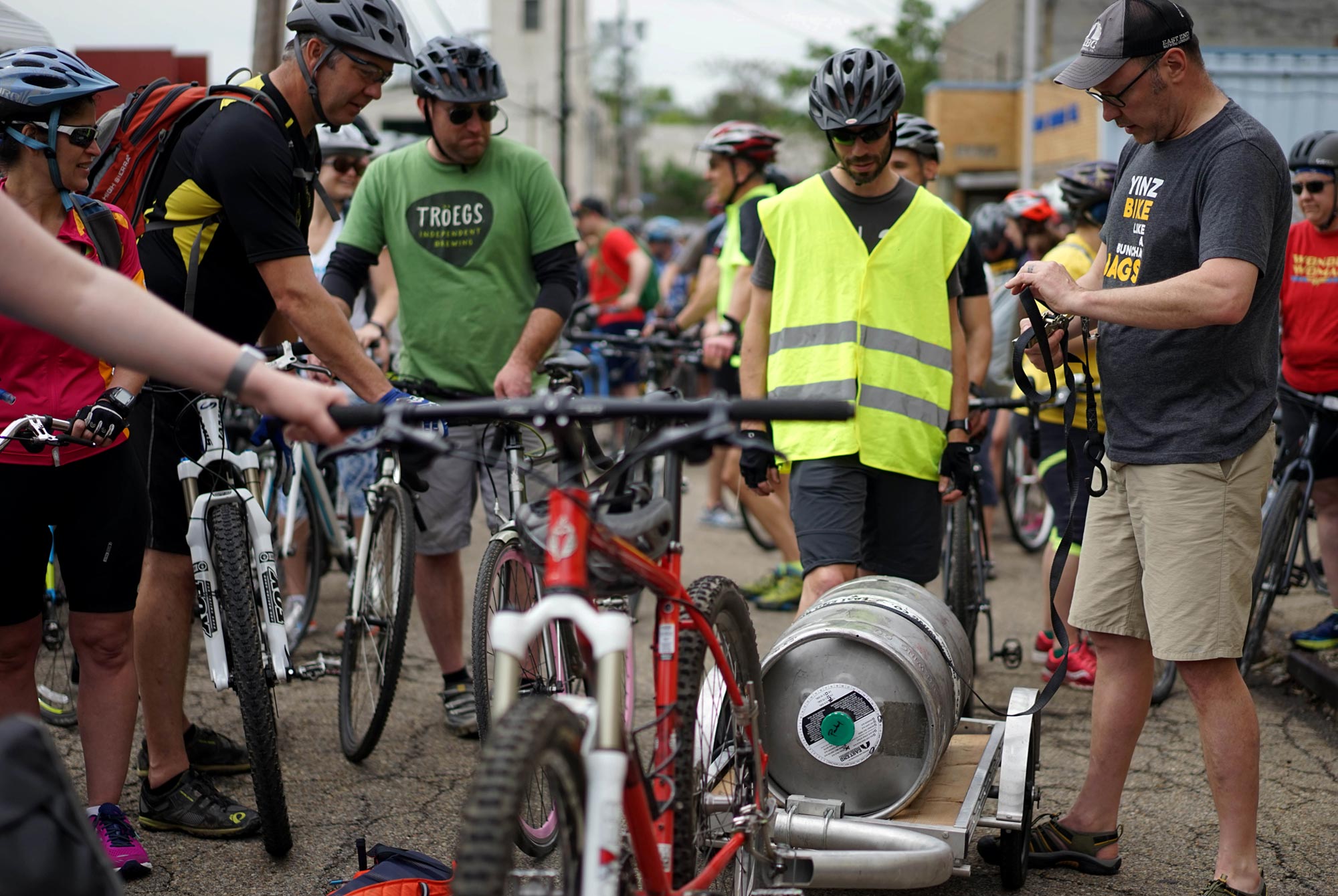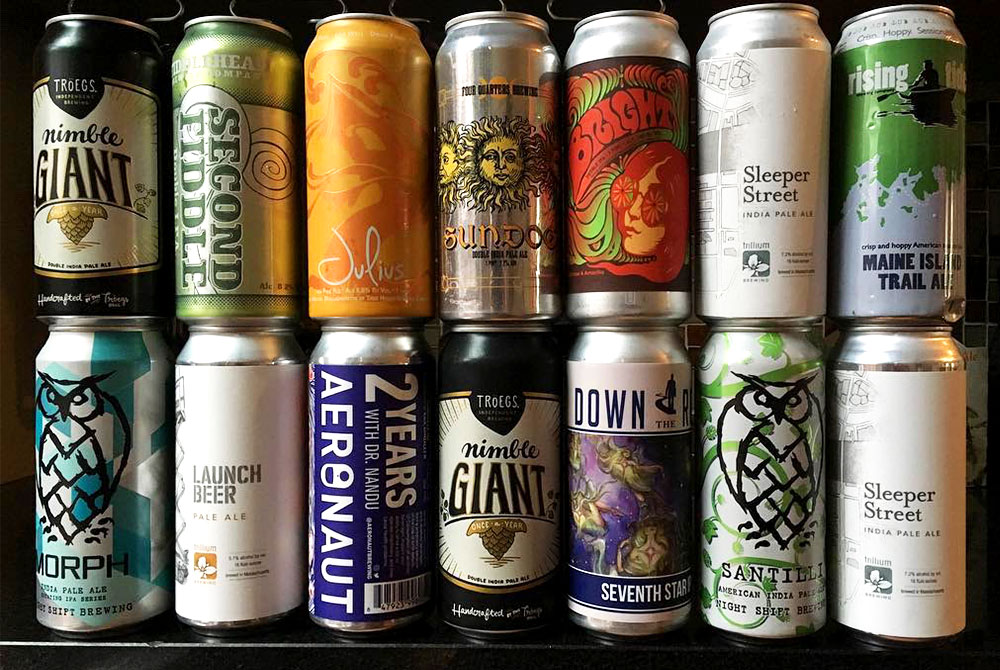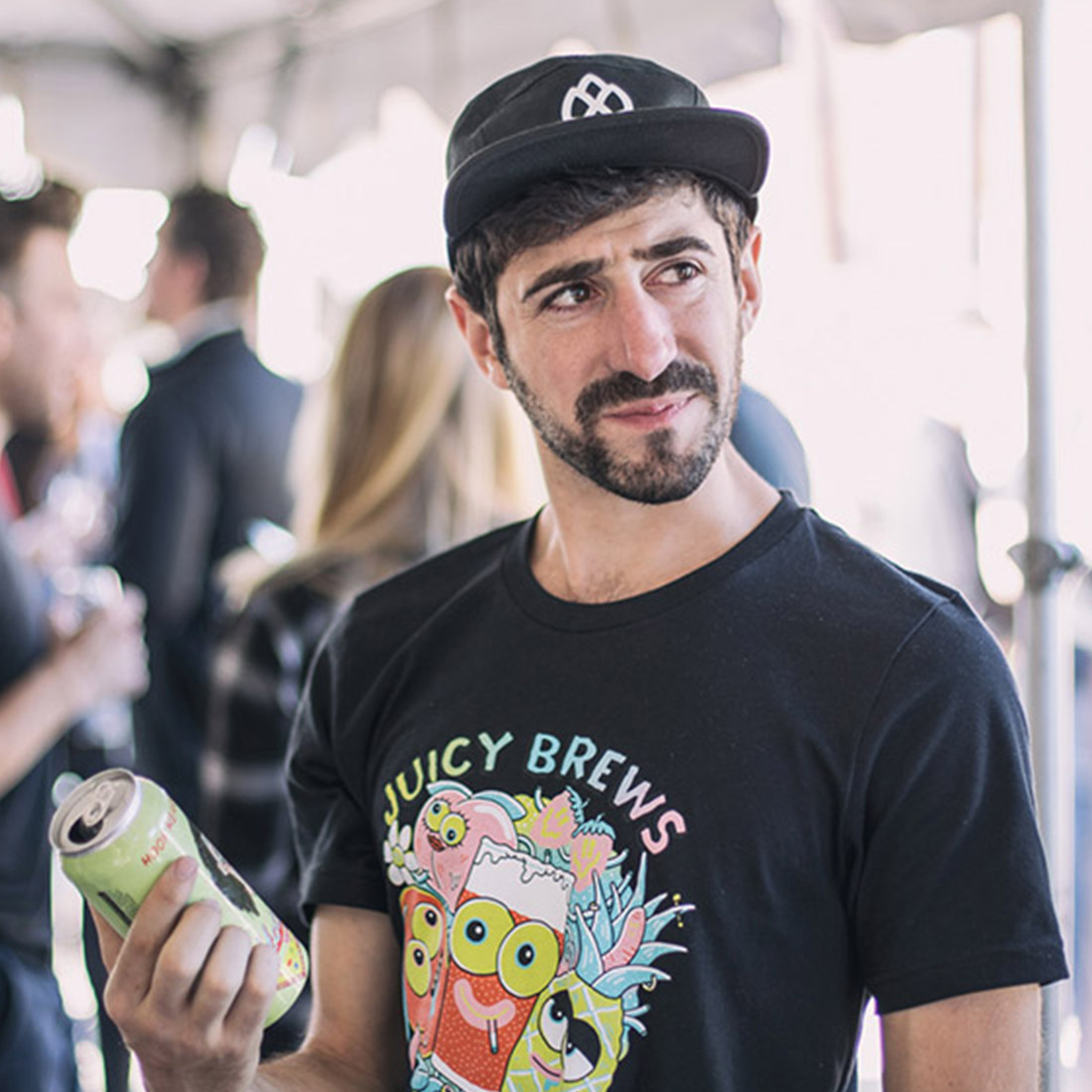Shop
How One Bike Ride Captures the Importance of Craft Beer in America
East End Brewery's annual Pedal Pale Ale Keg Ride is the perfect example of why craft (and Pittsburgh) rocks.
In December 2004, Scott Smith founded East End Brewing Company, one of Pittsburgh’s first craft breweries. Fresh on the scene, that spring he held the community’s first Pedal Pale Ale keg ride to gain some publicity. In its original incarnation, Smith wanted to brew a beer called Pedal Pale Ale and get a swarm of bikers to help him deliver the kegs to twenty local bars. He took his inspiration from a quote he read: “Beer should never be consumed further from its source than a horse can walk in a day.” He didn’t have horses, but he liked the spirit of the message so he reinterpreted them as bikes.
“I made the mistake of checking with the liquor control board to see if it was okay, and of course it wasn’t,” Smith said. “They said that everyone riding a bike needed to be a brewery employee and that all of the bikes needed to be brewery property.”
After brainstorming an elaborate deputizing process and conceptualizing a contract that would allow people to rent Smith their bikes for a day, he teamed up with Bike Pittsburgh, a local biking advocacy organization, to plan a ride. The inaugural ride ended at the East End’s original facility in Pittsburgh’s Larimer neighborhood, the first time the public had ever been inside.
“I think twelve people showed up,” Smith said.
Twelve years later, the event has morphed into the annual Pedal Pale Ale Keg Ride, which involves Smith strapping a keg to his bike, riding to an undisclosed location, and tapping it for anyone who follows.
Twelve years later, the event has morphed into the annual Pedal Pale Ale Keg Ride, which involves Smith strapping a keg to his bike, riding to an undisclosed location, and tapping it for anyone who follows. At this year’s event, over 500 people signed up. Proceeds benefitted Danny Chew, a prominent member of Pittsburgh’s Cycling Community and founder of The Dirty Dozen Race who suffered a tragic bike accident this past September that left him paralyzed from the chest down.
While the story behind the event makes for compelling history, it’s perhaps more interesting that the event exists at all. Short of sponsoring a local baseball team, it’s rare to see businesses taking active roles of leadership in their communities — except for breweries, which you hear about all the time. In Pittsburgh, Voodoo runs a Food Truck Rally as well as the Voodoo Throwdown, a CrossFit competition that benefits local charities; Three Rivers Underground Brewers (T.R.U.B.), a Pittsburgh-area homebrew club, annually throws Brewing Up a Cure, a beer festival where the proceeds go to the Cystic Fibrosis Foundation. In cities around the country, the story is the same.
So much of what makes craft “craft” is its connection to a locality; without a sense of place, a craft brewery is just a brewery, definitions be damned.
Why do craft breweries seem to play larger roles in their local communities than other small businesses? The answer comes from the quote that gave Smith his inspiration. So much of what makes craft “craft” is its connection to a locality; without a sense of place, a craft brewery is just a brewery, definitions be damned. Smith has the right idea.



